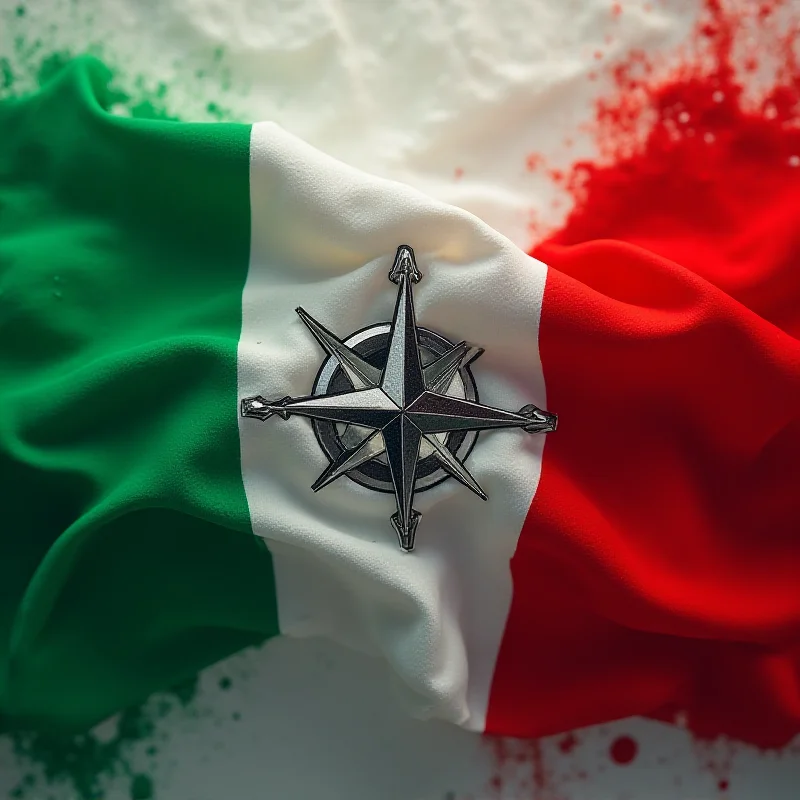Recent political developments across Europe are raising concerns about security and stability within the NATO alliance and the European Union. From the UK's vulnerability to missile attacks to debates over refugee distribution, several issues are demanding attention.
UK's Vulnerability to Hypersonic Missiles
The United Kingdom has been warned that it may lack the necessary defenses against a concentrated intercontinental ballistic missile attack. This vulnerability has raised alarms among NATO allies, particularly concerning the threat of hypersonic missiles. The speed and maneuverability of these weapons make them difficult to intercept, posing a significant challenge to existing defense systems. This comes as a stark reminder of the evolving nature of modern warfare and the need for constant upgrades to national defense capabilities.

“This is a serious wake-up call,” said a security analyst familiar with the matter. “The UK needs to invest heavily in new technologies to counter this threat.” The discussion extends beyond just the UK, prompting broader questions about NATO's overall preparedness for hypersonic warfare.
Germany's Call for Fair Refugee Distribution
Meanwhile, Germany is advocating for a more equitable distribution of Ukrainian refugees among European Union member states. German Interior Minister Nancy Faeser has emphasized the need for a coordinated approach in the event of new waves of asylum seekers from Ukraine. This call comes as the EU grapples with the ongoing humanitarian crisis stemming from the conflict.
Faeser stated, "It is imperative that we share the responsibility fairly across all EU nations. No single country should bear a disproportionate burden." This proposal aims to alleviate pressure on countries bordering Ukraine and ensure that refugees receive adequate support throughout the EU.

Italian Military Spending and Eurobond Doubts
In Italy, Prime Minister Meloni has approved the 'ReArm' project, signaling an increase in military spending by June. This decision includes a proposal to create a budget deviation to secure funds for NATO outside the deficit. However, the initiative has faced some headwinds, including doubts regarding the feasibility of a Eurobond and a clash with the Lega party.
The commitment to increased military spending reflects Italy's dedication to NATO's objectives, but the financial implications and internal political disagreements remain a point of contention. Securing funds for NATO commitments presents a fiscal challenge, especially with the Eurobond proposal facing skepticism.

These developments highlight the complex and interconnected challenges facing NATO and the EU. As geopolitical tensions rise, cooperation and strategic planning are more critical than ever.
